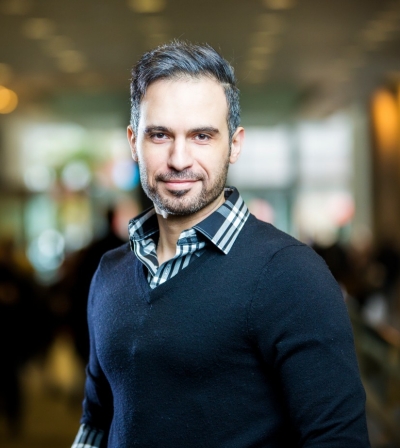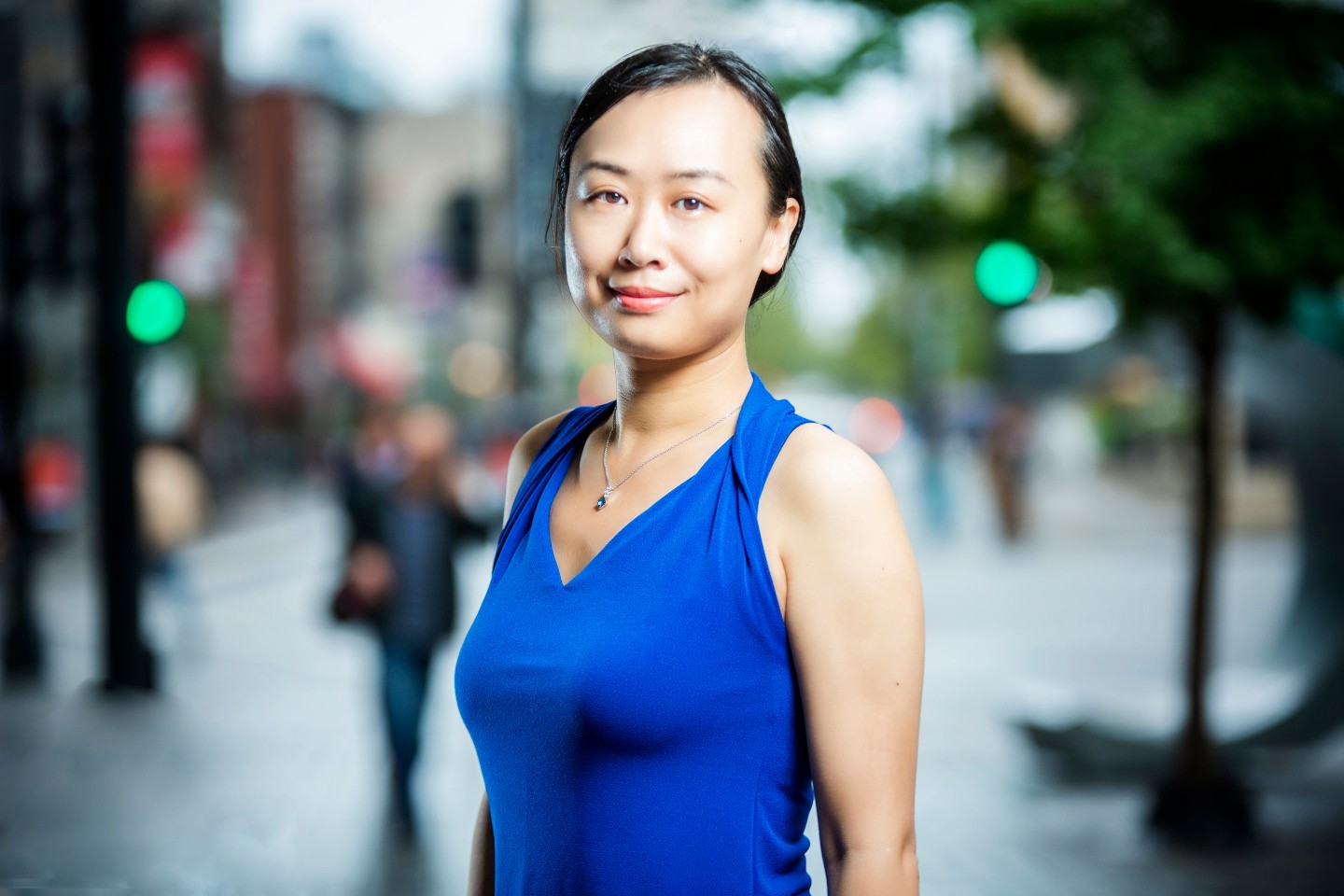With the goal of building healthier, more liveable cities, Concordia University researchers across disciplines – from engineering to philosophy – are looking for insights from citizens to improve community spaces that aren’t living up to their potential.
Coffee Park, a small green space with a playground and benches near Concordia‘s Loyola campus, is a good example of a public space that needs improvement. Although a designated bike path runs parallel to the park, cyclists have worn a ‘preferred’ trail in the grass that avoids a busy intersection. After dark, people avoid the premises because they are poorly lit.
Mazdak Nik-Bakht, assistant professor of building, civil and environmental engineering at Concordia, is using the park as a case study for “digital community engagement.”
Building upon a community design project initiated by his colleague Silvano De la Llata, a professor in the department of geography, planning and environment, Nik-Bakht digitally replicated the park and turned it into an interactive model which citizens can access, share and interact with online.


 Concordia assistant professor Mazdak Nik-Bakht says that data gathered from city inhabitants can help inform the design of bridges, roads, bikes lanes and other transit routes.
Concordia assistant professor Mazdak Nik-Bakht says that data gathered from city inhabitants can help inform the design of bridges, roads, bikes lanes and other transit routes.
 The work of Concordia assistant professor Jing Hu explores whether an increase in self-reflection can motivate people to live up to their ethical standards.
The work of Concordia assistant professor Jing Hu explores whether an increase in self-reflection can motivate people to live up to their ethical standards.
 Could better placement of recycling and waste bins encourage people to use them more often?
Could better placement of recycling and waste bins encourage people to use them more often?